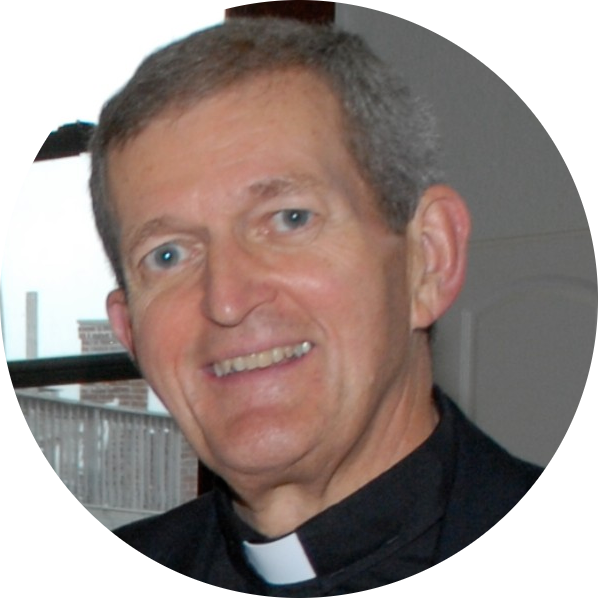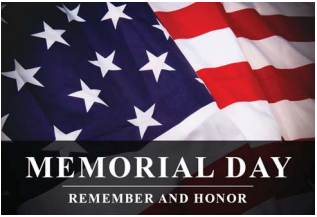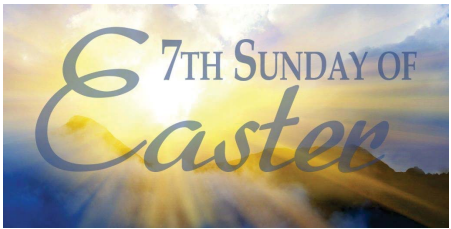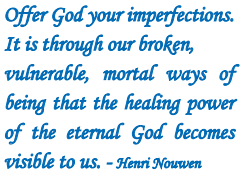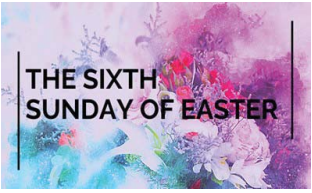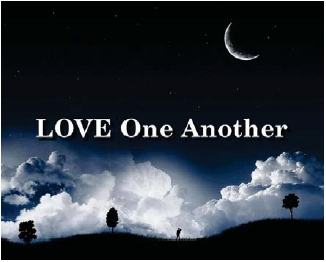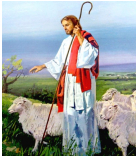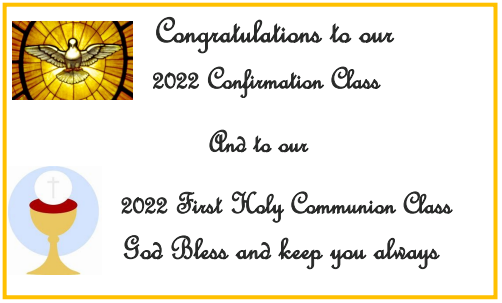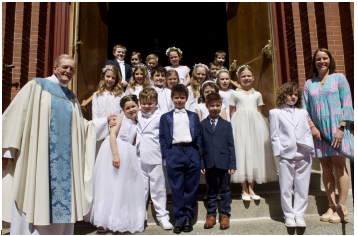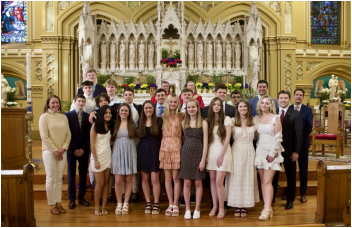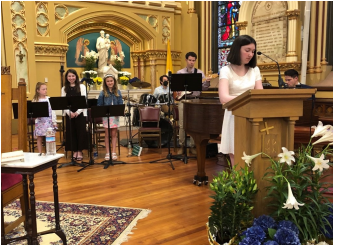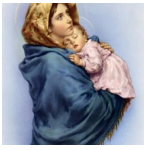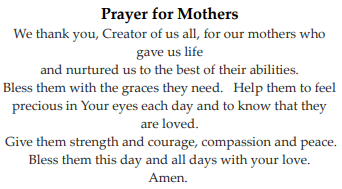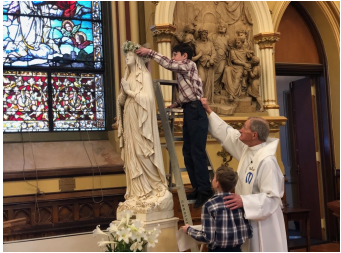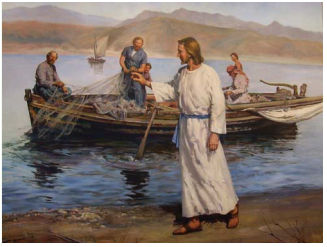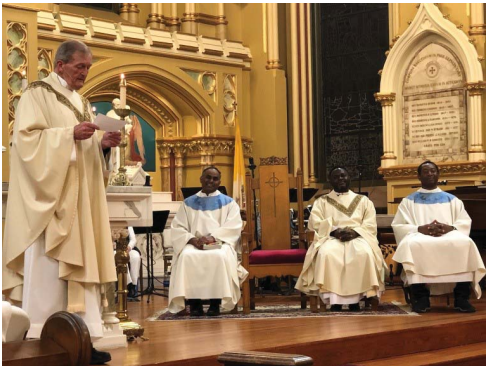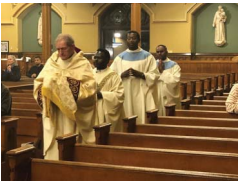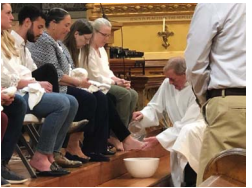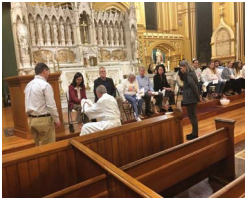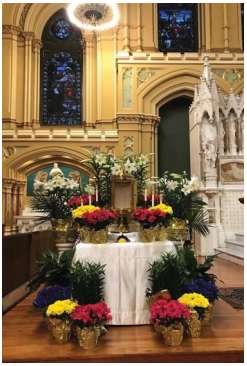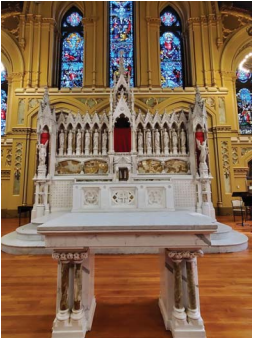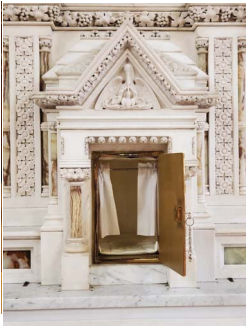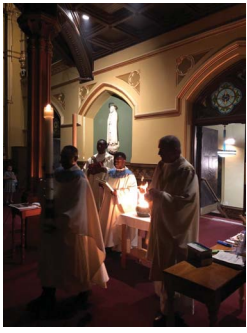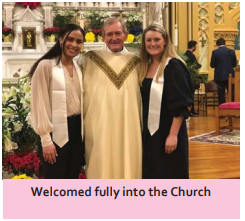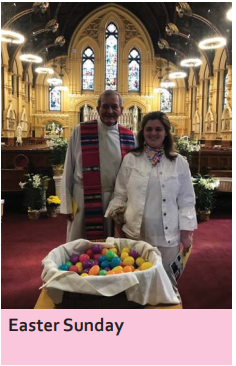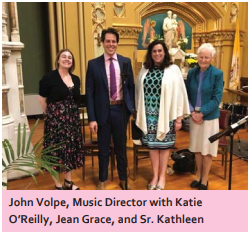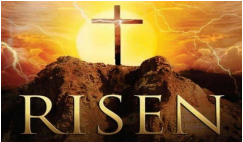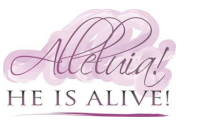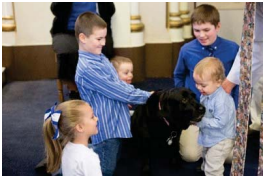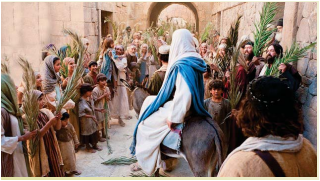Friends,
https://stmarystcatherine.org/wp-content/themes/osmosis/images/empty/thumbnail.jpg 150 150 Charlestown Catholic Collaborative Charlestown Catholic Collaborative https://stmarystcatherine.org/wp-content/themes/osmosis/images/empty/thumbnail.jpg
What an honor it is for me to return to the neighborhood of Charlestown and to serve for a month at St. Francis and St. Mary-St. Catherine of Siena Parishes. For those residents who have lived in this community for awhile, you may remember me as the “young priest” who was at St. Catherine’s from 1990 – 1996. They were six wonderful years in my life and in the Catholic Church in Charlestown. I had the privilege of serving in this community alongside the legendary Fr. Dan Mahoney at St. Francis. At that time Fr. Jim Canniff was at St. Mary. The three parishes were all vibrant and thriving in those years. The Catholic faith has a long history in this neighborhood and you have been served by wonderful priests and faith filled women religious who taught at all three parish schools. I grew up in Roslindale and West Roxbury (Holy Name Parish) and was very involved in my parish as a child and teenager. I know how vital those early years are to families and to the Church. The pandemic has had and will have a lasting effect on if and how many people celebrate their faith. I respect people’s choices on whether they return to Church or not. But every pastor will tell you how much we miss those families who are no longer physically with us.
I am on the Emergency Response Team (ERT) for the Archdiocese of Boston. After serving five years as the pastor of three parishes in Hyde Park (Most Precious Blood, St. Pius X and St. Anne) I decided in 2019 to volunteer for the ERT. I now am available to fill in temporarily in various parishes for weeks or months whenever necessary. Most priests live alone so if that priest (usually the pastor) gets sick, goes on a sabbatical, dies suddenly or retires, I am available to replace them until the Archdiocese finds a successor – e.g. – since I left Hyde Park, I have served in Marblehead, Millis, Medway, Hudson and most recently for 6 months in Wilmington. I have met many wonderful people and it has brought me to towns I may never have seen otherwise. When I leave Charlestown on July 1, I will be going to St Cecelia in the Back Bay for three months. It’s a good life!
Fr. Dan Mahoney and Fr. Jim Ronan have been welcoming and hospitable to me and I wish them the best as they enter another phase in their lives. They both deserve our accolades, applause and a standing ovation. I realize they have been able to minister so effectively because of the staff in both parishes who are dedicated to the Church and the people they serve. I will be blessed to work with them. I also know both parishes are served by priests who assist weekdays and weekends with Masses and other liturgies. I believe they will continue to serve you. I will be living at St. Catherine’s Rectory while I’m here.
Meanwhile, the Archdiocese of Boston is searching for a new pastor for your parishes. I’m sure they hope to have that person(s) in place for July 1 but if not they may have to have another interim priest. I realize how difficult it is for parishes to experience change and how challenging the unknown can be. But your greatest asset is your faith and the history of that faith in the parishes of Charlestown. I pray that the priest(s) selected will realize how blessed he (they) will be to be among you.
May God continue to bless you and those you love with peace, happiness and good health.
Enjoy life!
Fr. Coyne

